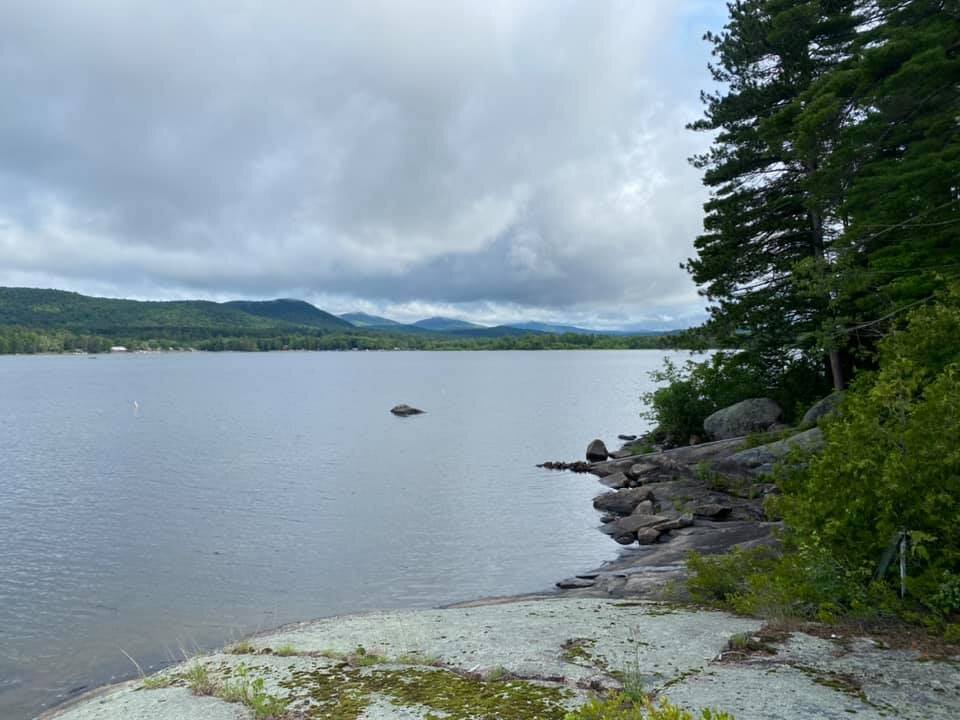Neutrality = Erasure
Chupie and I were up at 5:00am. (Whyyyyyy?) I brewed the coffee and decided to do a little online reading about the indigenous history of the Adirondacks region, after just having enjoyed a few days there.
I read that the name of the 100-year old cabin where we stayed is taken from the Choctaw word that means "a large stone." And then one sentence in particular gave me pause, on a National Park Service website. It reads, "The arrival of Europeans negatively impacted the Mohawk people."
Understatement much? That would be like saying, "The Holocaust negatively impacted the Jewish people." It also reminds me of the textbooks that describe enslaved people as "workers."
The writing goes on to say that disease decimated (my word) the Mohawk people's population by about 80%. No connection is drawn between said disease and the European colonizers who introduced it.
Since I was born and spent my first 9+ years in Buffalo, the names of the upper New York state tribes were familiar to me; I remember learning them in school and also many small towns in the area carried them -- Onondaga, Tonawanda. I recall being fascinated by the names, which doesn't really come as a surprise since basically all things language were my jam even as a kid.
But the writing on the NPS website exemplifies so much of the education many of us received about the pre-colonization history of our country: Minimal, brief, one-dimensional, distant, and weirdly neutral, like the "disease" sentence above.
So, what I'm pondering now is this: Neutrality in language as a form of erasure. Elie Wiesel's words come to mind: "Neutrality helps the oppressor, never the victim."
We have so much to learn and unlearn.
Edited to add: I found a Six Nations Covid Relief Fund and plan to make a donation on the heels of my mini-vacation to this beautiful place. If you travel in the U.S. this summer, how can you acknowledge and give back, in some small way?
